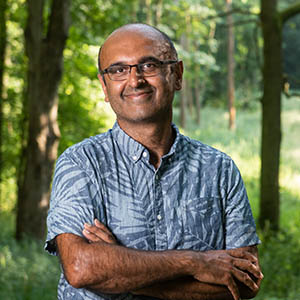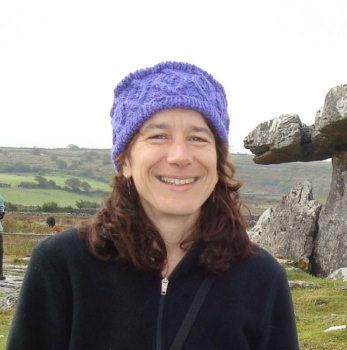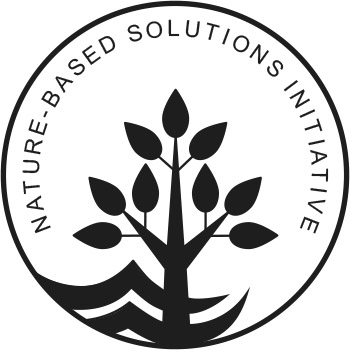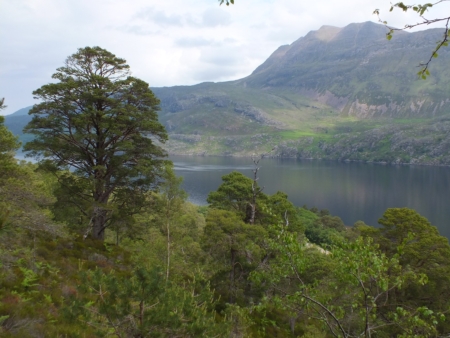Bunloit and BeldorneyCase study
Exploring the ecological and social dimensions of nature recovery.
Under this programme we will be working with our partner, Highlands Rewilding, which has a mission to help re-wild and re-people the Scottish Highlands. Its approach to rewilding aims to deliver interlinked benefits for nature and people by increasing carbon sequestration, restoring biodiversity, creating green jobs, education and engagement, generating sustainable profit, promoting investment in the local area, and building community resilience. The organisation aims to open land ownership and rewilding to a range of co-owners and investors. Highlands Rewilding currently manages two rewilding projects: Bunloit Estate (Inverness-shire) and Beldorney Estate (Aberdeenshire).
Bunloit Estate comprises a mosaic of semi-natural and productive habitats, including native woodland, forestry plantations, peatland and grazed grassland. Highlands Rewilding will restore habitat across Bunloit, removing plantation from peat bogs and reversing drainage, and restoring plantation forest to native woodland. Beldorney is dominated by grassland, which was previously intensively grazed. Highlands Rewilding is planning a mixture of regenerative agriculture and habitat restoration to elevate the estate from its low ecological baseline.
The ecological work will focus on building experiments into planned habitat restoration to assess the impacts of different restoration methods on ecological processes and underexplored aspects of biodiversity (e.g. belowground communities). We have co-designed an experiment within the Forest of Hope native woodland creation project, comparing natural regeneration to planting. Highland Rewilding’s extensive biodiversity and carbon baselining and monitoring will also allow us to expand our work exploring the relationship between conventional and technological monitoring approaches.
The social research will investigate cross-cutting themes between the Bunloit and Beldorney estates. This will focus on the socio-economic benefits of rewilding, participatory governance and community engagement, as well as the policy and finance mechanisms (and how these interplay with wider political, cultural, and institutional contexts). Specific examples will be drawn from each estate to demonstrate the main barriers and enablers for delivering interlinked social and ecological benefits through rewilding. The social research will build upon and enhance Highlands Rewilding’s existing efforts to support community resilience. This will include improving understandings of socio-economic benefits and institutionally embedding community engagement, which is essential for making better quality decisions for more sustainable outcomes.
To read more about our social research in this case study:









